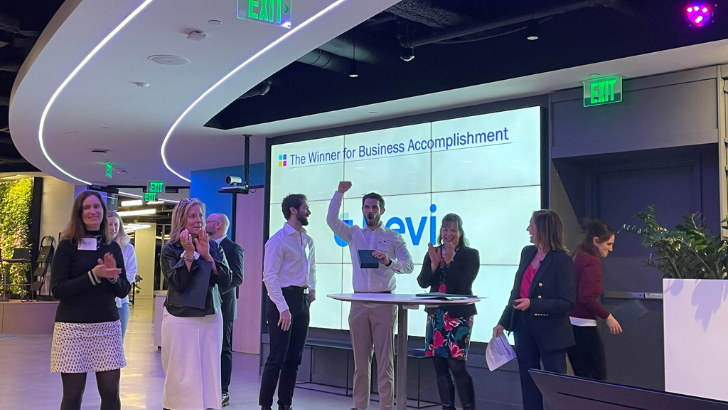Insights from MTLC’s Executive Peer Group
We organize regular executive-level peer groups to provide MTLC members with a safe space to come together to talk about operational challenges they are currently facing. These meetings go beyond just sharing experiences and advice. They are a way for people to connect with each other in a much deeper way than they could over the phone or a video call. The mission of these Executive Peer Meetings is to share best practices and provide different views of running a tech company. They are not about selling or trying to find new customers, as a matter of fact, we run them as a strict no sales zone.
Last week, as I was participating in our most recent CEO Peer Group meeting, I noticed something interesting during the introductions around the table. We had about a dozen CEOs from larger investor-backed, PE-backed, and public tech companies and many knew each other already. As they said their hellos, they started including that they were customers of the other CEO companies around the table.
It immediately struck me what a demonstrable impact that was having on their connections. It didn’t exactly change the course of the conversation. It did, however, make them stop and realize how significant – and important — it is to be in a room amongst your peers and your customers.
Building relationships is crucial in business. You want to invest in people you feel at ease with, whom you trust, and whom you can rely on when problems arise. While it’s true that in a virtual setting, this can be achieved regardless of distance, there’s no substitute for spending face-to-face time with people and truly getting to know them. It’s often said that Boston has a unique “bump factor”. The size and density of our tech ecosystem affords us with so many amazing tech companies in close proximity. And despite our reputation of being a bit insular(?), I’ve only experienced generosity and willingness to support each other.
What struck me as most exciting is that, at a time when many tech CEOs struggle to define their companies by location – whether Massachusetts-based or otherwise – and in an increasingly global landscape where they can recruit talent from anywhere, this group of a dozen leaders could turn to each other and say that they were each other’s customers. As a region, we may need to improve our overall marketing efforts to attract and retain more companies and more talent, but when you get right down to it, it’s the relationships and the connections that make this tech ecosystem strong.



